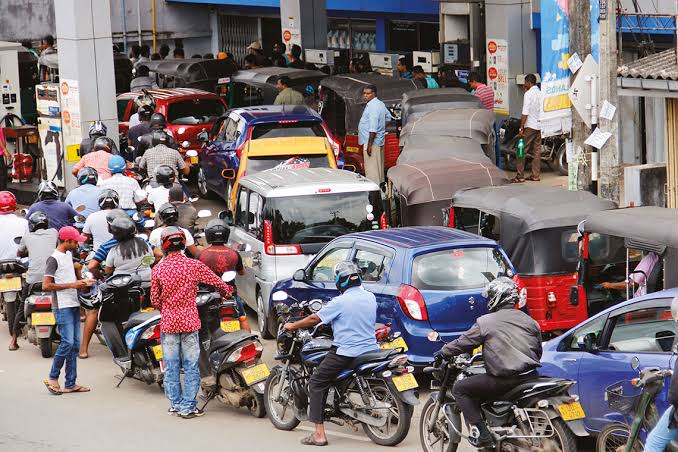August 20, 2024
By Adedoja Adesoji
The Independent Petroleum Marketers Association of Nigeria (IPMAN) has expressed serious concerns over the widespread shortage of Premium Motor Spirit, commonly known as petrol, which is impacting its members nationwide.
The association, which represents over 3,000 members and manages a substantial portion of Nigeria’s filling stations, has accused the Nigerian National Petroleum Company Limited (NNPCL) of failing to deliver adequate supplies to its members.
Shina Amoo, Chairman of IPMAN Ore Depot, stated that NNPCL, as the sole importer of petroleum products, has not provided sufficient supplies to IPMAN for the past three years, leading to severe difficulties for its members.
“There is no supply available anywhere, and what is available is poorly distributed. We have been voicing our concerns for a long time. Previously, we had a 70/30 supply ratio based on our capacity,” Amoo said during an appearance on Channels Television’s Morning Brief on Tuesday.
He added, “Independent marketers are located in both rural and urban areas, yet we are not adequately considered in the supply chain.”
In response, NNPCL’s Chief Corporate Communications Officer, Olufemi Soneye, assured that the company was working diligently to address the fuel supply issues and expected that the queues would be resolved by mid-week.
Nevertheless, Amoo pointed out the bureaucratic delays faced by IPMAN members when dealing with NNPCL, noting that, “Previously, after making payments, it would take a week to load products. Now, it takes three to five months. This has forced many of us to turn to private depots, which charge higher prices.”
Amoo also criticized the current distribution practices, accusing NNPCL of neglecting IPMAN in favor of other groups like DAPPMAN and MEMAN. “NNPCL has abandoned the fair distribution pattern and is no longer sincere. They now favor other groups over IPMAN, providing us with inadequate volumes,” he said.
Additionally, he commented on the impact of removing fuel subsidies, attributing the rising prices to corruption within the downstream sector. Amoo believes that addressing corruption could significantly reduce fuel prices.
